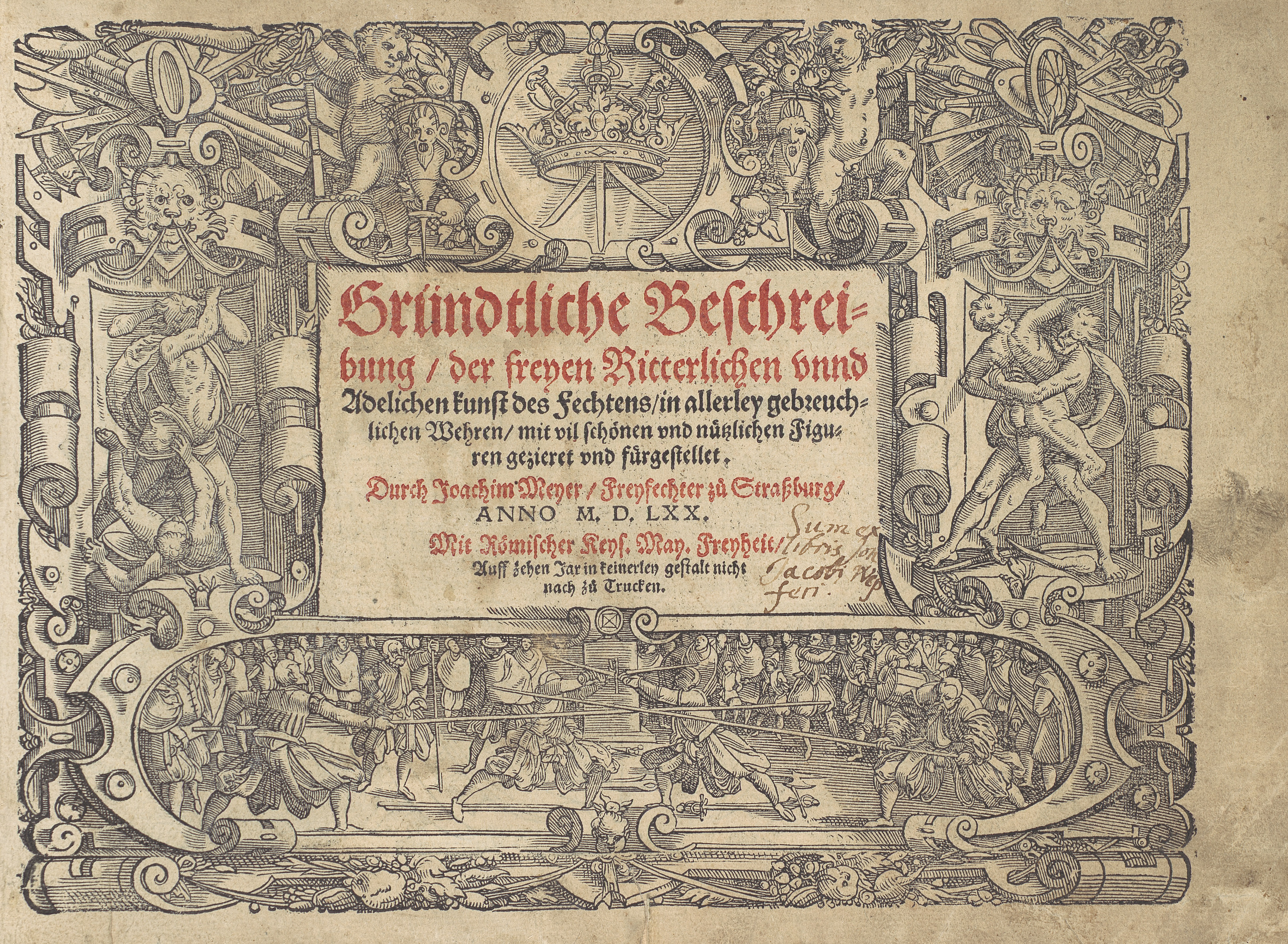Harold Rosenberg The Tradition Of The New Pdf Books
O ne of the more improbable geostrategic surprises of recent years has been the revival of the North Korean economy under the direction of Kim Jong Un. Just to be clear, that economy remains pitiably decrepit, horribly distorted, and desperately dependent on outside support. Recent estimates suggest that its annual merchandise exports do not reach even 1 percent of the level generated by its nemesis, South Korea.
Including both articles and books. The Tradition of the New by Harold Rosenberg The Tradition of. Essays by Rosenberg. Including both articles and books. The Tradition of the New by Harold Rosenberg The Tradition of. Essays by Rosenberg. The Tradition Of The New [Harold Rosenberg]. Then you can start reading Kindle books on your smartphone, tablet, or computer - no Kindle device required. Free PDF Books: Download eBook The Tradition of the New by Harold Rosenberg in PDF format. Harold Rosenberg was undoubtedly the most important American art critic of.
Even so, the economic comeback on Kim Jong Un’s watch has been sufficiently strong to permit a dramatic ramp-up in the tempo of his nation’s race to amass a credible nuclear arsenal and develop functional intercontinental ballistic missiles capable of striking the U.S. That is, of course, the express and stated objective of the program.

Pyongyang today appears to be perilously close to achieving its aim—much closer now, indeed, than complacent Western intelligence assessments had presumed would be possible by this juncture. But then, North Korea is full of surprises for foreign observers. Full disclosure: I am one of those who seriously underestimated North Korea’s resilience in the 1990s. Twenty years ago, I would have thought it almost unimaginable for the North Korean state to survive to this day.
Needless to say, subsequent events have proved otherwise, and studying my own mistakes has led to the analysis under way here. Joan Robinson, “Korean Miracle” Monthly Review, January 1965, Vol. Korea, the economic race between the north and the south: a research paper, ER 78-10008, January 1978, CIA. Kim Il Sung, Works, Vol.
31 (Pyongyang: Foreign Languages Publishing House, 1987), p.76. Nicholas Eberstadt and Judith Banister, The Population of North Korea. (Berkeley, CA: University of California, 1992). Kim Il Sung, Selected Works, Vol. 5 (Pyongyang: Foreign Languages Publishing House, 1972), p.
On this man-made, and completely unnecessary, tragedy, see Stephan Haggard and Marcus Noland, Famine in North Korea: Markets, Aid and Reform, (New York: Columbia University Press, 2007). Hastings, A Most Enterprising Country: North Korea in the Global Economy. (Ithaca NY: Cornell University Press, 2016).
Perhaps the best analysis of this transformation is Kim Byung-Yeon, The North Korean Economy: Collapse and Transition. (New York: Cambridge Univer sity Press, 2017). Woodward is Bob Woodward, of course.
Every few years, for more than 30 years, Woodward has sent Washington reeling with a book-length, insider account of one administration after another, presenting government as high drama, with a glittering cast of villains and heroes. The sequence of the symptoms seldom varies. First comes the Buildup. We hear premonitory rumblings: Freshly minted Woodward revelations are on the way! His publisher declares an embargo on the book, mostly as a tease. Another reporter writes an unauthorized report guessing at what the revelations might be.
Washington can scarcely breathe. At last the first excerpts appear in a three-part serial in Woodward’s home paper, the Washington Post. We enter the Swoon. The excerpts tell of betrayals and estrangements, shouting matches and tearful reconciliations, tough decisions and disappointing failures of nerve, all at the highest levels of government. Dynaclave 613r Manual High School.
Woodward goes on TV shows to explain his findings. Sources attack him; he stands by his book. The frenzy intensifies, the breathing is labored, until, at last, comes the Spasm, as all the characters from the book refuse to comment on a “work of tabloid fiction.” Then the newspaper excerpts end, there is a collapsing sigh, a dying fall, and the physical book, the thing itself, appears. The text seems an afterthought, limp as a wind-sock and, by now, even less interesting. If there were more revelations to be found in its pages, after all, we would have read them already.
We skulk back to the routines of what passes for normal life in Washington, slightly abashed at our momentary loss of self-control. This is the Woodward Detumescence.
Shakespeare foresaw it in a sonnet: “the expense of spirit in a waste of shame.” The Fire and Fury frenzy omitted some of these steps, prolonged others. It was touched off by an excerpt in New York, appearing a week before the book’s original publication date. Running to roughly 7,000 words, the excerpt was densely packed and so juicy it should have come with napkins. The article’s revelations about White House backbiting and self-loathing are by now universally known, and have been from the moment the excerpt hit the Web.